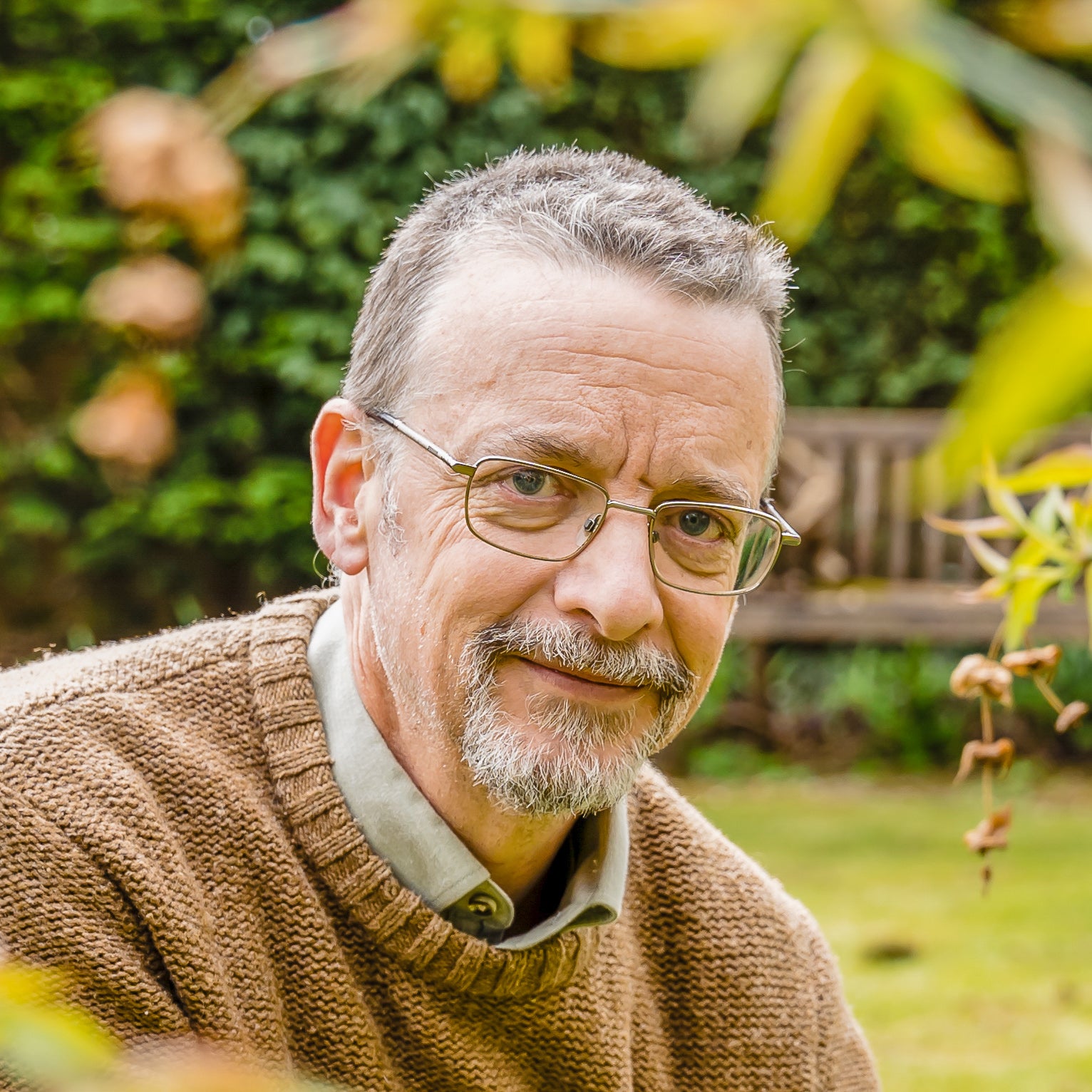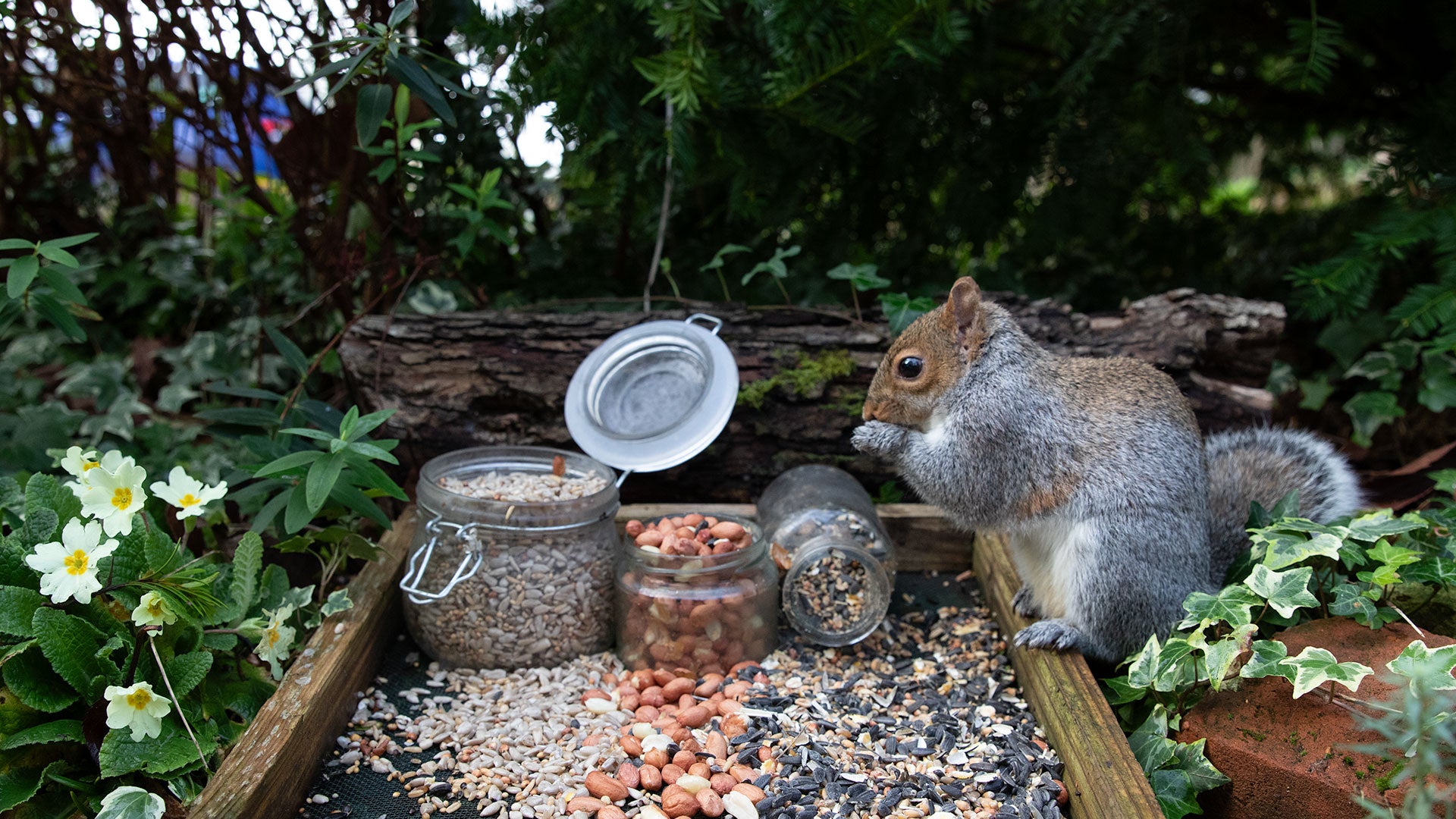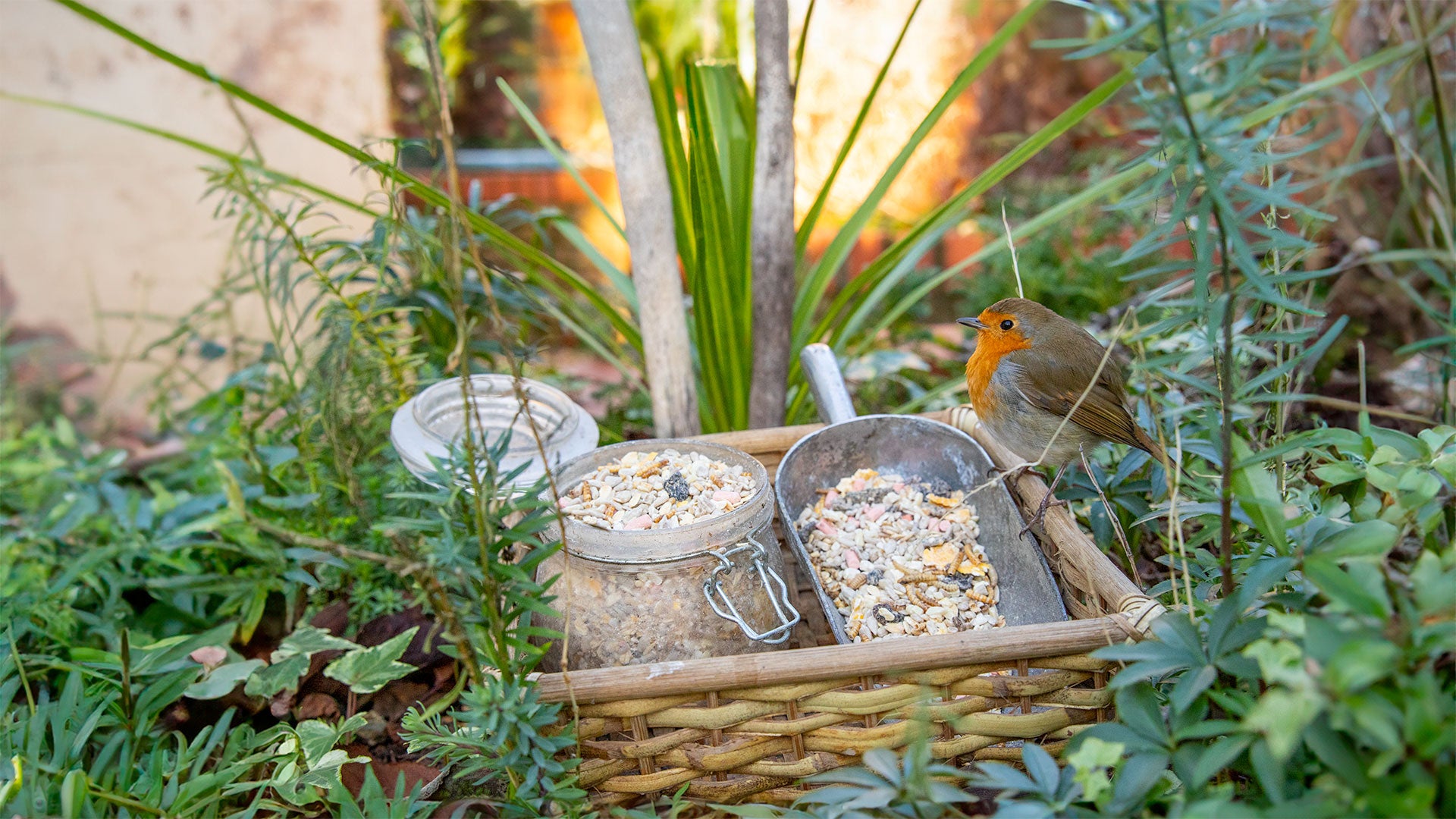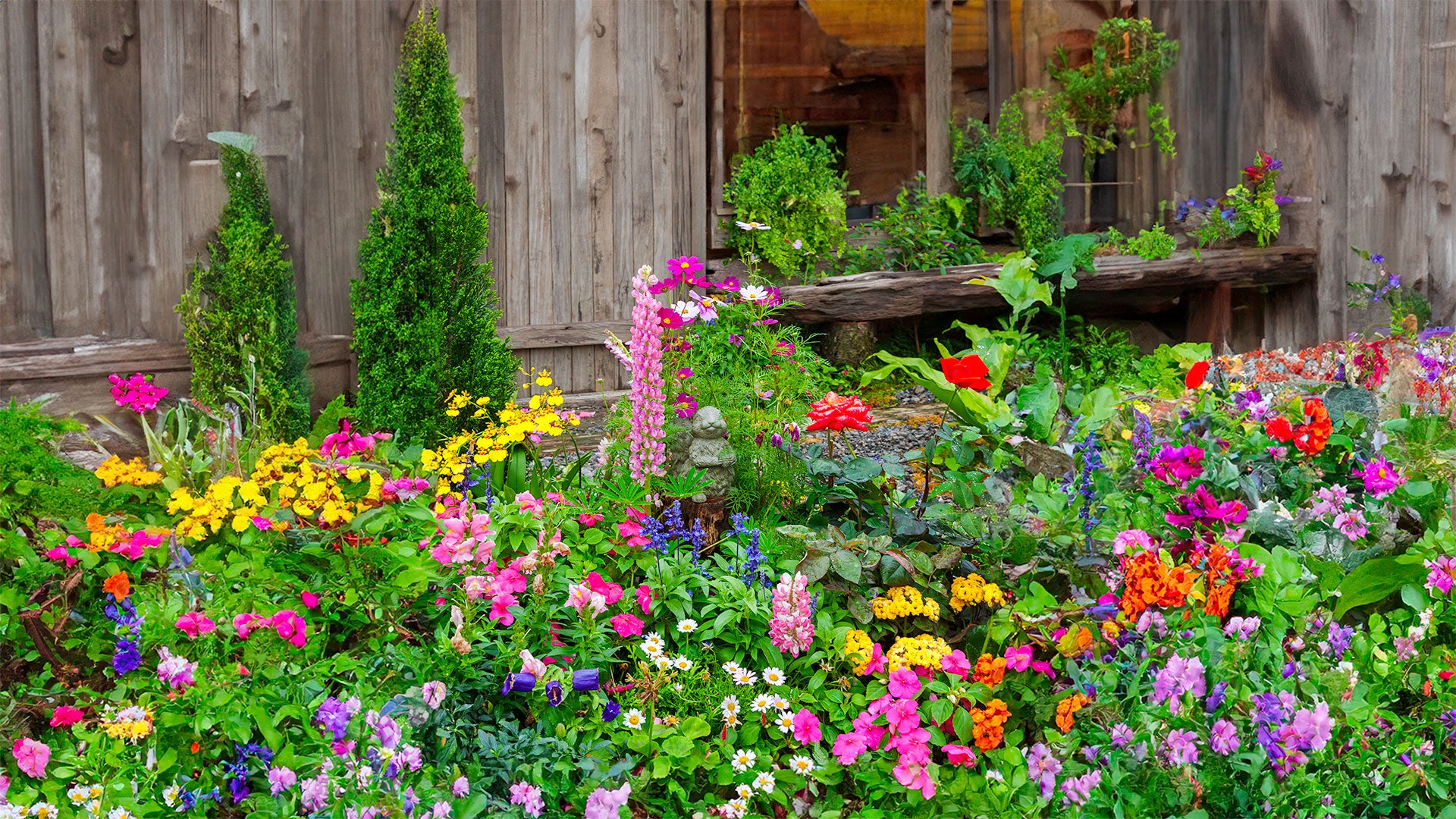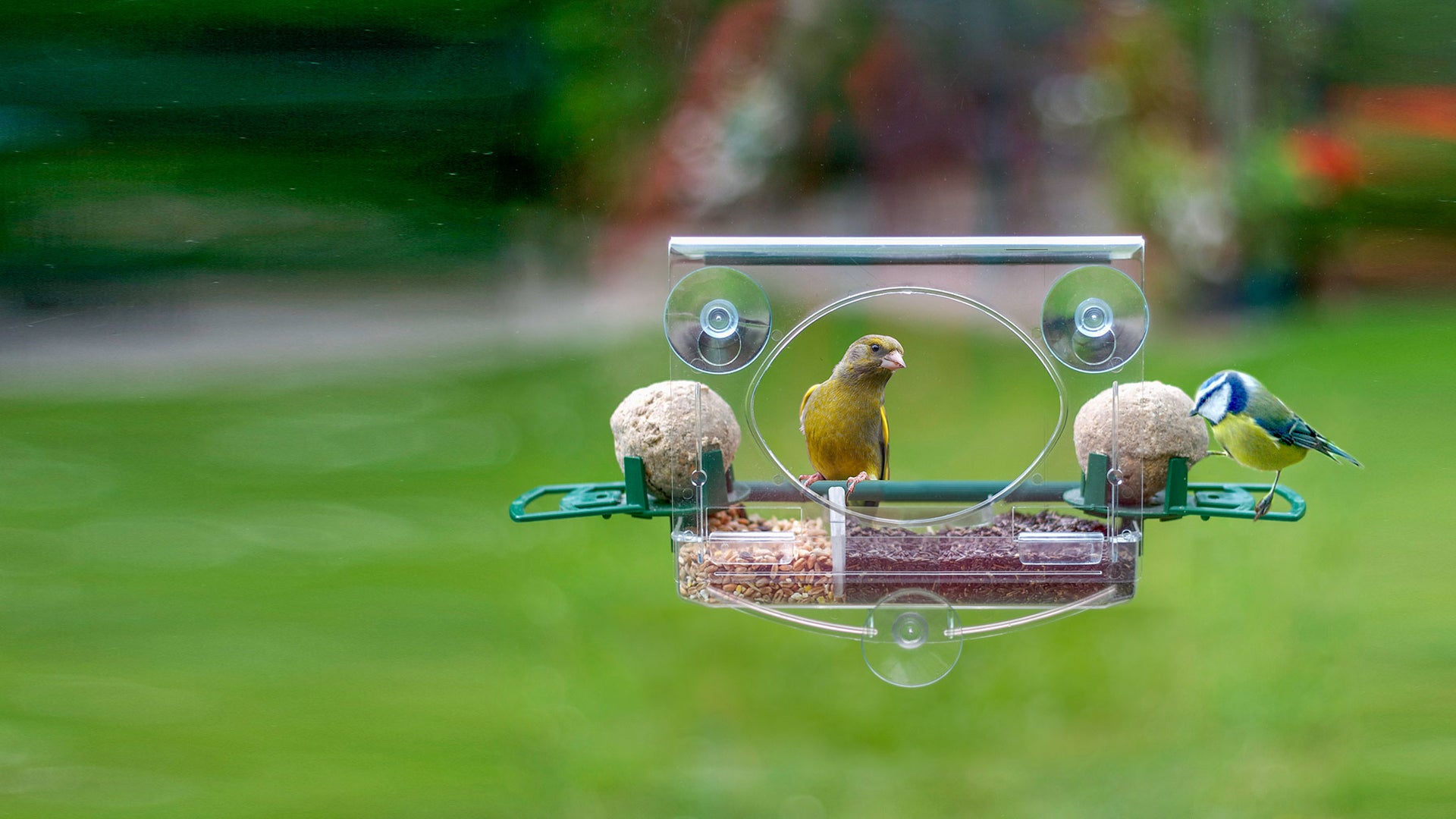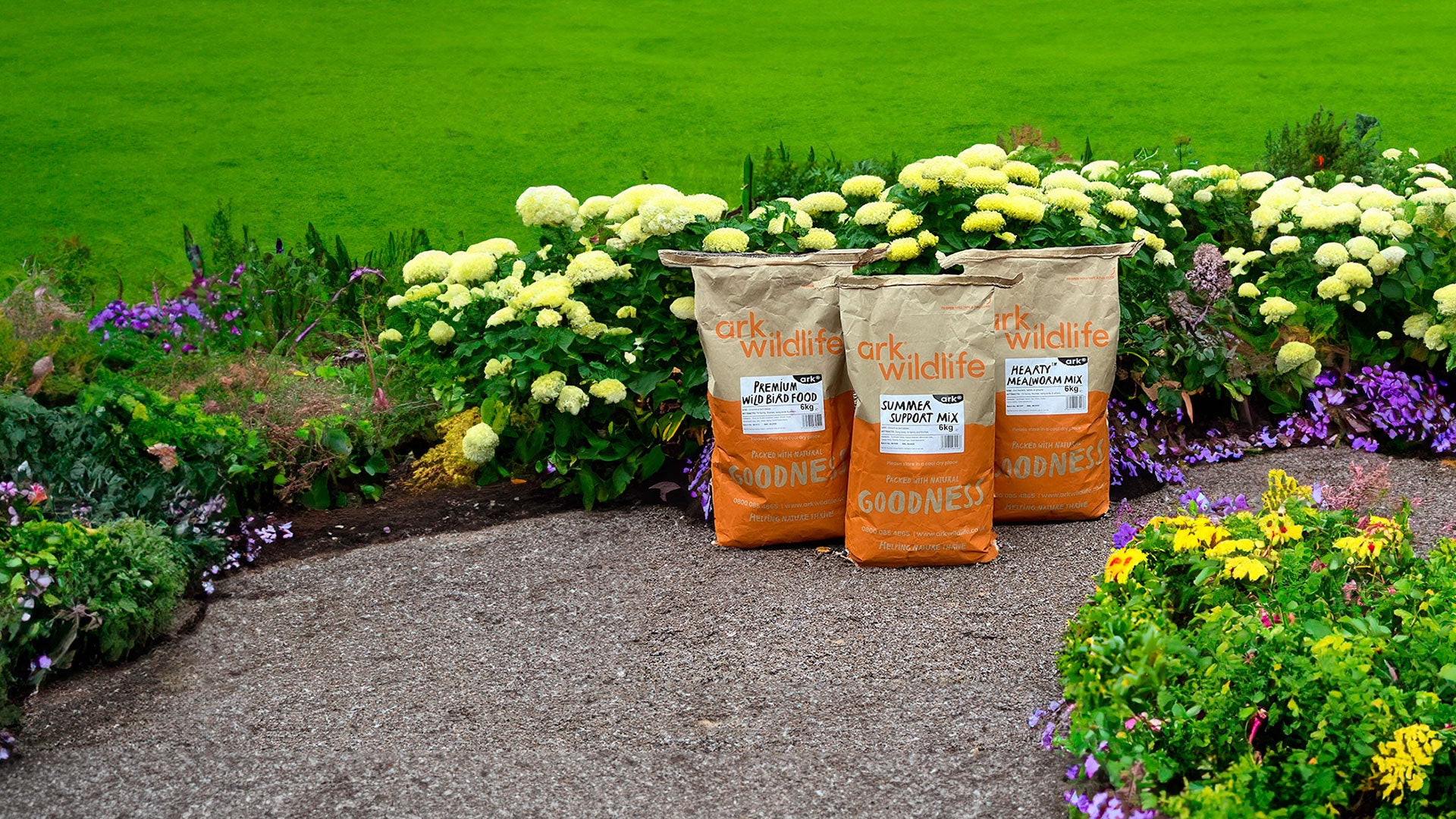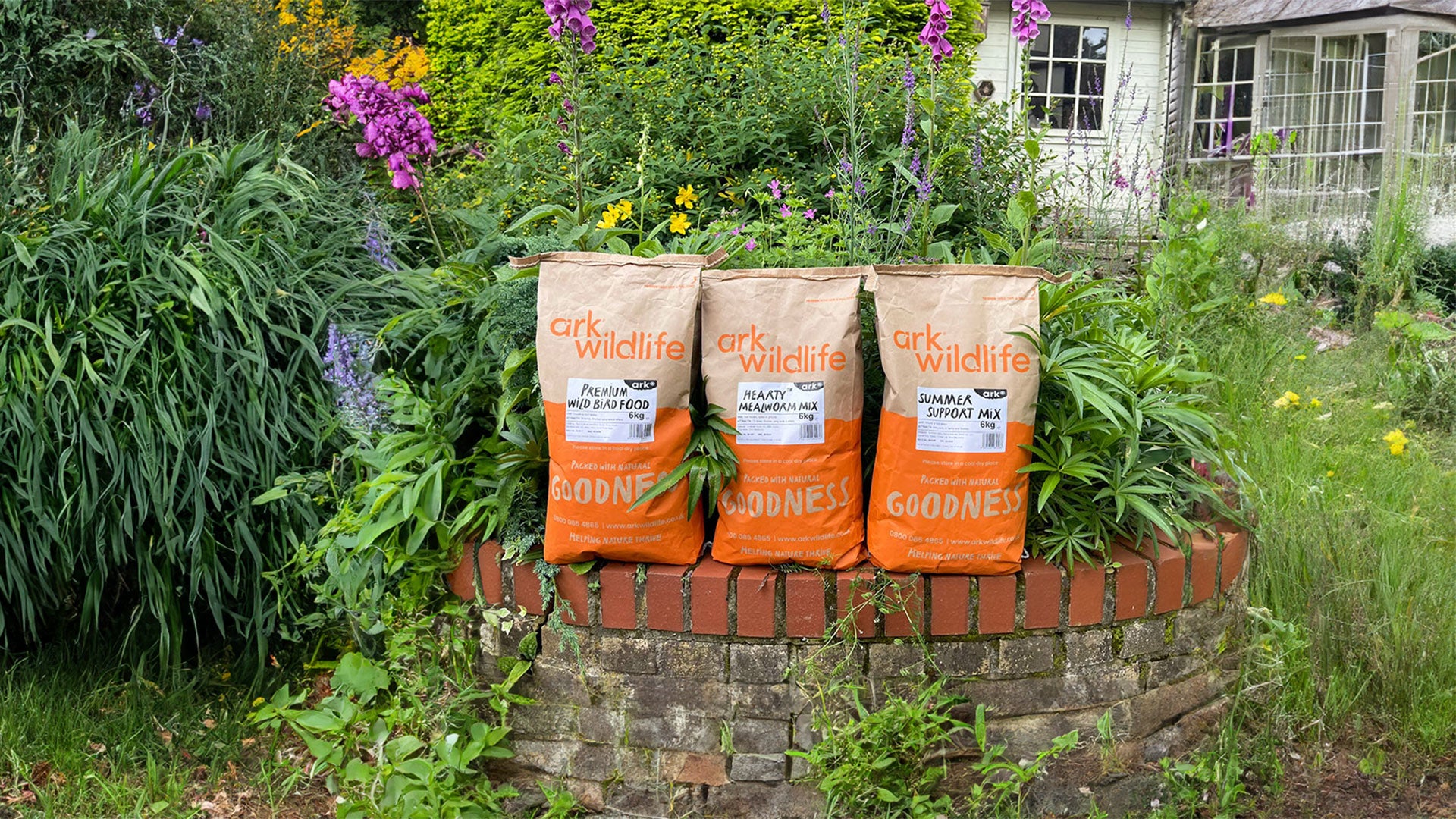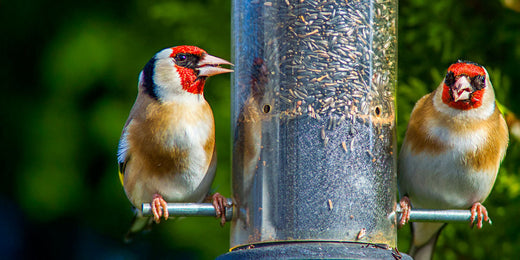The debate around feeding garden birds has grown recently, but I believe the question isn't should we feed them, but rather how to do so responsibly. In this article, I explore the key issues and share my reasons and practices for feeding birds in my own garden with care and consideration.
Throughout my life, I've been captivated by the magical world of garden birds. As someone who has dedicated their life to understanding and protecting our feathered friends, I want to share my perspective on why feeding birds isn't just a hobby - it's a vital lifeline for our wildlife, and something that brings me joy every single day.
Why This Matters to Me
Since childhood, I've spent countless mornings watching birds visit my garden, each species with its own personality and charm. During this same period, I’ve also witnessed first hand the frightening decline in their numbers. Where once I’d find nests by the dozen, now I’m lucky to find one in a day! Yes, there are concerns about bird feeding, and I take them seriously. But I've also seen how responsible feeding can transform a garden into a thriving sanctuary.

The Challenges We Face Together
Let me be honest with you about the concerns I've encountered:
- I've witnessed how poorly maintained feeding stations can spread disease - it breaks my heart to see this happen
- I understand the worry about birds becoming dependent - I've studied this closely over decades
- The cats and predator birds issue is real - I've spent years perfecting feeder placement to protect our garden visitors
- Sadly bad (even dangerous) products do exist - I aways report these instances to manufacturers and highlight the risks
- Yes, some species might dominate feeders - but I've learned how to create balanced feeding opportunities
Why I'll Never Stop Supporting Our Garden Birds
After decades of observation and care, I'm more convinced than ever that feeding birds is crucial. Our countryside has changed dramatically in my lifetime, and has become fractured and hostile to wildlife. On the other hand, urban gardens are becoming refuge habitats and birds need all the help they can get. In an ideal world, creating a rich and varied habitat would negate the need for supplementary feeding entirely, but we’re not there yet!
My Tried and Tested Approach
Through years of experience, I've developed what I believe is the best way to support our garden birds:
- Multiple Small Feeding Stations: I've found that several small feeders work better than one large one - it's more natural, reduces competition, and reduces opportunities for disease to spread
- Year-Round Support: I adjust my feeding patterns with the seasons, just as nature intended
- Provide Natural Food: I grow as many flowers, seeds, and fruit bearing plants as possible. I never use pesticides, so there are always grubs and bugs to eat
- Urban Sanctuaries: I'm passionate about turning every garden into a wildlife haven, no matter how big or small. I start with the soil and build up into the sky

My Personal Best Practices
These aren't just guidelines - they're commitments I live by:
- I clean my feeders religiously - it's a labour of love that protects our precious visitors
- I provide diverse, high-quality foods - I've learned what works best through years of observation
- My garden is designed with birds in mind - every plant, every shrub serves a purpose
- I collect surplus fruit and nuts in autumn and redistribute them throughout winter
- I maintain fresh water sources year-round - I've seen how vital this is, especially during harsh weather
Why This is My Life's Mission
Every morning when I hear the dawn chorus, I'm reminded why I do this. Our garden birds aren't just visitors - they connect with us at a biological level. All life on earth is interdependent, we cannot survive, let alone thrive unless our birds and bees do too. Endless research shows the health benefits of humans connecting with nature and in my experience, nothing connects us more deeply with nature than providing positive support for these wonderful creatures.

My Message to Fellow Bird Feeders
I've seen gardens transform from sterile spaces into vibrant ecosystems. I've watched children's eyes light up as they feed ducks at the park. I've experienced the joy of seeing generations of birds being raised in my nest boxes. Each generation hopping and flitting through my borders gobbling up aphids and caterpillars. This isn't just about feeding birds - it's about nurturing life itself.
When people ask me why I'm so passionate about this, I tell them: "Every time you fill a feeder, you're not just feeding your birds - you're helping to preserve the natural world for future generations." This has been my life's work, and I hope you'll join me in this vital mission.
Remember, we're not just garden bird enthusiasts - we're guardians of nature, keepers of the wild, and champions of biodiversity. It comes with responsibility, but every small action in our gardens can contribute to a larger picture of conservation, and together, we can make a real difference.
Let's continue this journey together by creating havens for our feathered friends. These joyful acts will inspire tomorrow's children to connect with nature. Becoming the conservationists of the future who will secure the long-term survival of all living things. It begins with one small act of kindness, one garden at a time, just as my parents did, 60-years ago.


